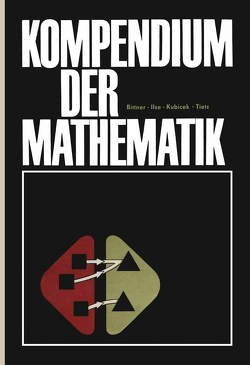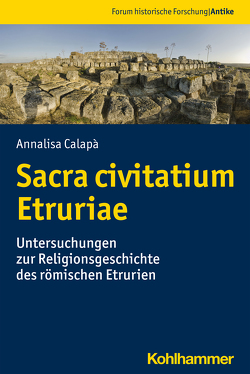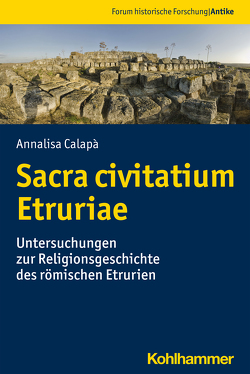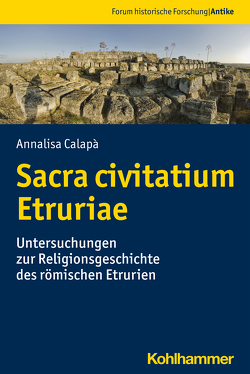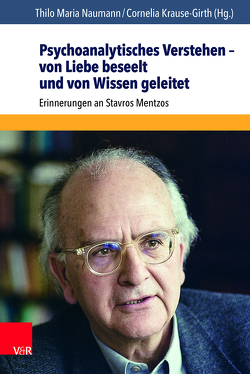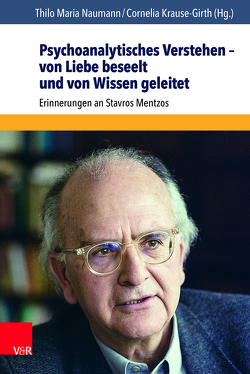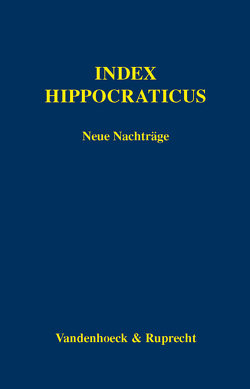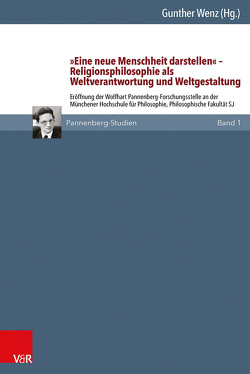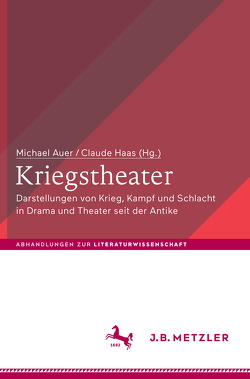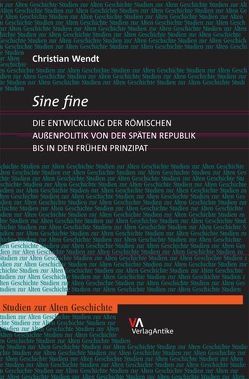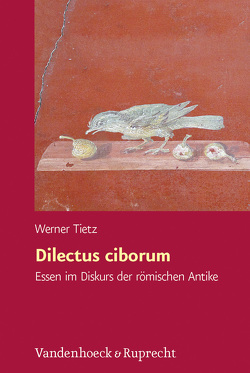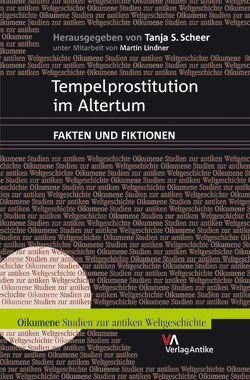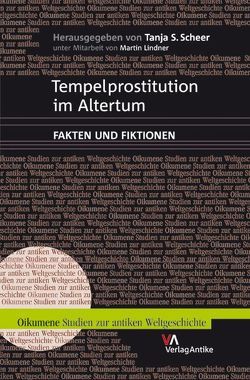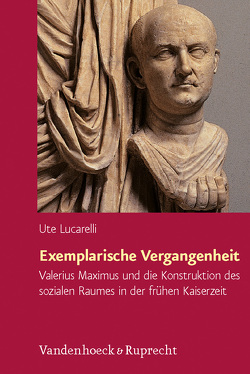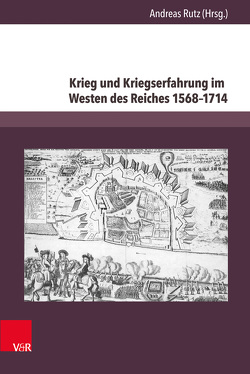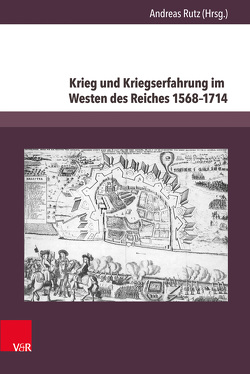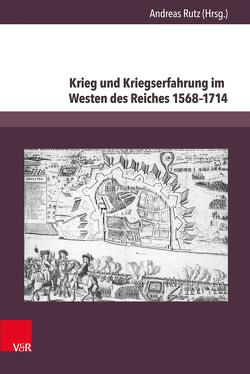Dilectus ciborum
Essen im Diskurs der römischen Antike
Werner Tietz
This work deals with food as a sign or symbol in ancient Roman society. Of major relevance for such a field of research is the mos maiorum, the construed but normative way one’s forebears were said to have lived. Especially encounters with Greek culture lead the Romans to become aware of their own identity. Considering above all the mos maiorum, this book undertakes an examination of the various fields in which food worked as a social sign. Under scrutiny are, amongst others, questions of prestige, gift exchange, and identity. These fields are approached mostly from a dichotomic angle, e.g. with regard to social and cultural differences between city dwellers and the rural populace or Romans and non-Romans. Further attention is paid to phenomena of transgression. This regards gender and sexuality of the eaters as well as the substance and the quantity of the things consumed. To sum up, in every field described, food worked as a social symbol through which all kinds of meaning could be communicated, both in ›reality‹ by the ancient Romans and in literature by the Roman writers.

